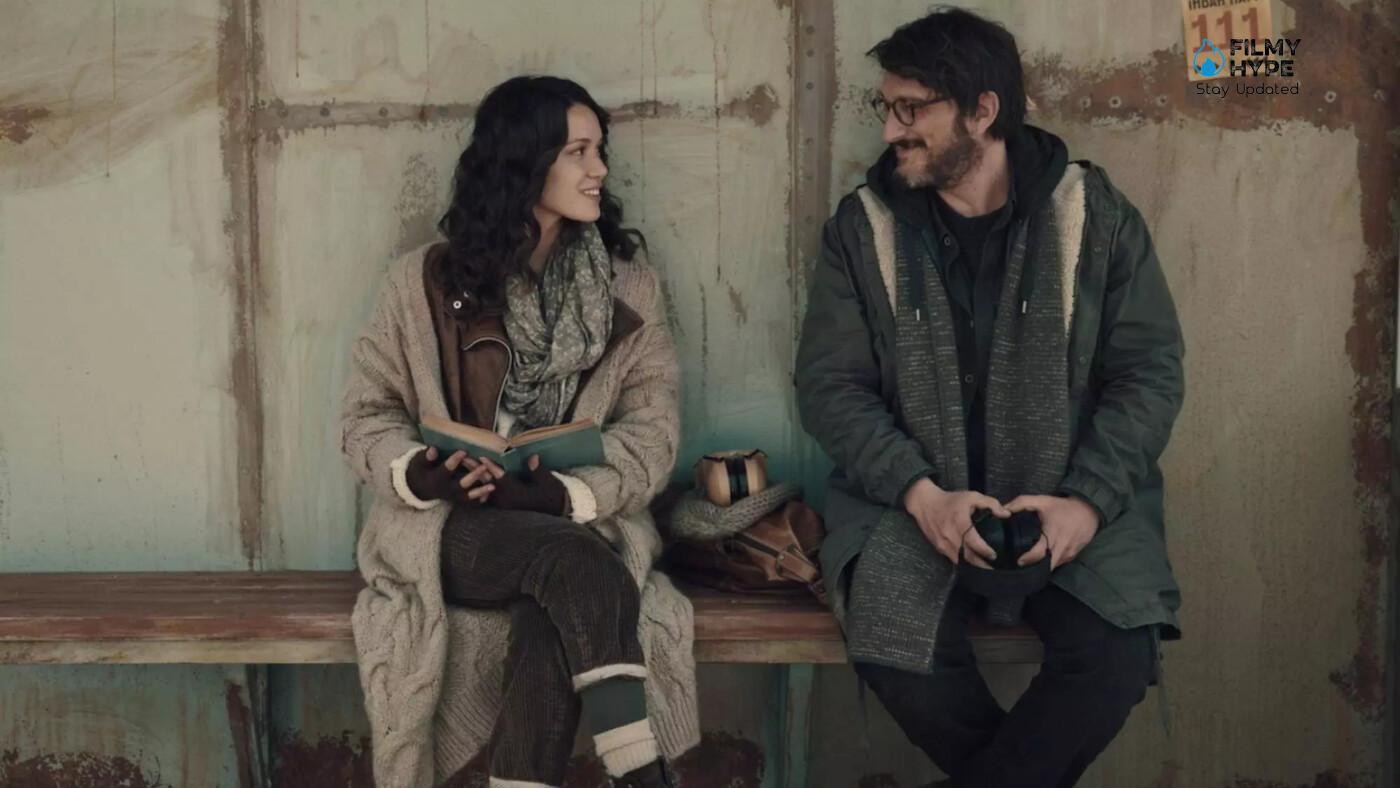Hot Skull Review: Surprises For Its Pace, Inventiveness and Adherence To Socio-Economic Everyday Life
Cast: Osman Sonant, Şevket Çoruh, Hazal Subaşı
Creator: Mert Baykal
Streaming Platform: Netflix
Filmyhype.com Ratings: 3.5/5 (three and a half stars)
In our review of Hot Skull, we will address these very important issues, also analyzing how much Mert Baykal’s miniseries is the perfect audiovisual product to exorcise the nightmare of the prevailing pandemic and the rise of totalitarian and intransigent governments and administrations in the Old Continent.

The Turkish miniseries Hot Skull arrives on Netflix on Friday 2 December, created by screenwriter, director and showrunner Mert Baykal and based on an original story capable of speaking with great power to the present day we are all living. Outlining a Turkey invaded by a pandemic condition in which a mysterious virus seems to spread through language, Baykal reflects on the condition of Western societies today, amidst not-too-veiled winks at the health crisis caused by Covid and freedom of speech and demonstration in the nation European.
Hot Skull Review: The Story
Istanbul, a terrible pandemic has broken out all over the world; although the origin of this infectious strain is still uncertain, it very easily infects the hearing organ due to a language disorder that affects the victims: if a person begins to be delirious or to pronounce disconnected sentences without apparent logical sense, she has probably been infected. For this reason, those who do not want to be infected by the sound virus wear headphones or earplugs extremely frequently; just like Murat Siyavus, an ex-linguist who is wanted by the tyrannical institution of the IBE because he is immune to the disease: is the key to discovering a cure and putting an end to the global pandemic in his DNA?
An incipit that is certainly quite intriguing that of Hot Skull, a Turkish-produced miniseries distributed by Netflix that will certainly be talked about a lot in its debut on the streaming platform. This is because he succeeds with originality and a great sense of dynamic storytelling to speak to our everyday life revolutionized by the Covid pandemic. And not only.
Hot Skull Review and Analysis
“Let’s talk less to live more safely”. So says one of the slogans of the IBE, a Turkish administrative and control institution which, after the outbreak of the hearing virus in the European country, bent over the condition of great socio-economic instability and took control of the lives and regulations company of Turkey. A slogan that encourages you to cover your ears well which, to be honest, closely resembles the one that characterized the long period of quarantine caused by Covid: “Let’s stay at a distance so we can hug each other again tomorrow.”
It is no coincidence that the dystopian miniseries by Mert Baykal speaks with extreme ease and the same power to a rather transversal audience of spectators: on the one hand, the generalist and less savvy audience, looking for a super-enjoyable product capable of captivating thanks to its plot in the balance between science fiction and reality; on the other, a more sensitive and prepared audience, capable of grasping the deepest stratifications of Hot Skull’s ambition.
The key to fully understanding the Netflix serial product lies in the portrait of its complex and enigmatic protagonist, Professor Murat Siyavus, played by the very successful Turkish actor popular in his native land Osman Sonant. Why is Murat so persistently hunted by the oppressive bodies of the IBE? Why does his body seem to be immune to the language virus?
Questions that will receive adequate answers during the eight episodes that make up Hot Skull, but which are enough for our character to once again open the drawer of his cumbersome memories: Osgur’s ex-colleague, a neurolingist thought to be dead for some time, Murat will have to protect the valuable information that years earlier had leaked in the laboratory when he and his missing colleague were studying some cases of delirious to find a cure for the virus. The inner journey that Murat will have to face will lead him to very dangerous places, in search of answers that could perhaps save the world from the pandemic.
But is Hot Skull a miniseries that, behind its captivating veil of dystopian product, hides a more or less formal criticism of the socio-political structure of today’s Turkey? We would say yes, divided as it is between ambitions for a collective exorcism of the global fear exacerbated by Covid and bitter controversy against the government administration of the European nation, always in a precarious balance between (little) democratic freedom and repression of the legitimacy of expression.
Perhaps this is exactly what Hot Skull is, beyond the appearance of an easily salable product: an original and exciting hymn to human communication, starting from its most everyday form to that used to convey opinions, express feelings, and confront human diversity. A miniseries that ultimately treats language as one of the most precious assets to keep. Whatever it takes.
Hot Skull Review: The Last Words
Hot Skull, a Turkish television miniseries from Netflix, surprises for its pace, inventiveness and adherence to socio-economic everyday life. The serial product created by Mert Baykal speaks of today by bringing into play the global pandemic of Covid-19 without forgetting the political and social situation in Turkey today. The result is a compelling, fresh and layered TV show.







